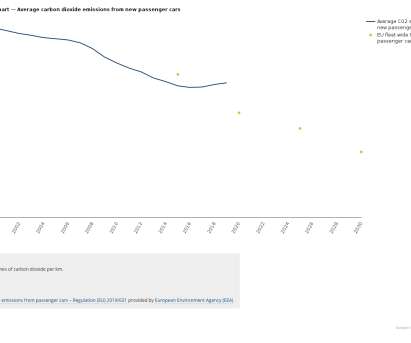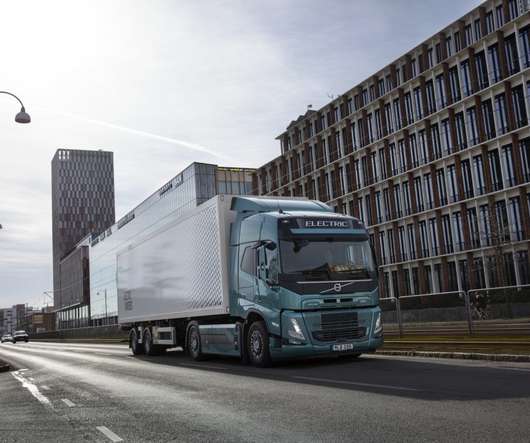EEA final data shows average car CO2 emissions in Europe kept increasing in 2019
Green Car Congress
JUNE 2, 2021
Average emissions from new passenger cars in Europe increased for the third consecutive year in 2019, reaching 122.3?grams million new cars were registered in 2019 in the EU, Iceland, Norway and the United Kingdom, and about 38% of these were SUVs. In 2019, average CO 2 emissions from all new cars reached 122.3












Let's personalize your content